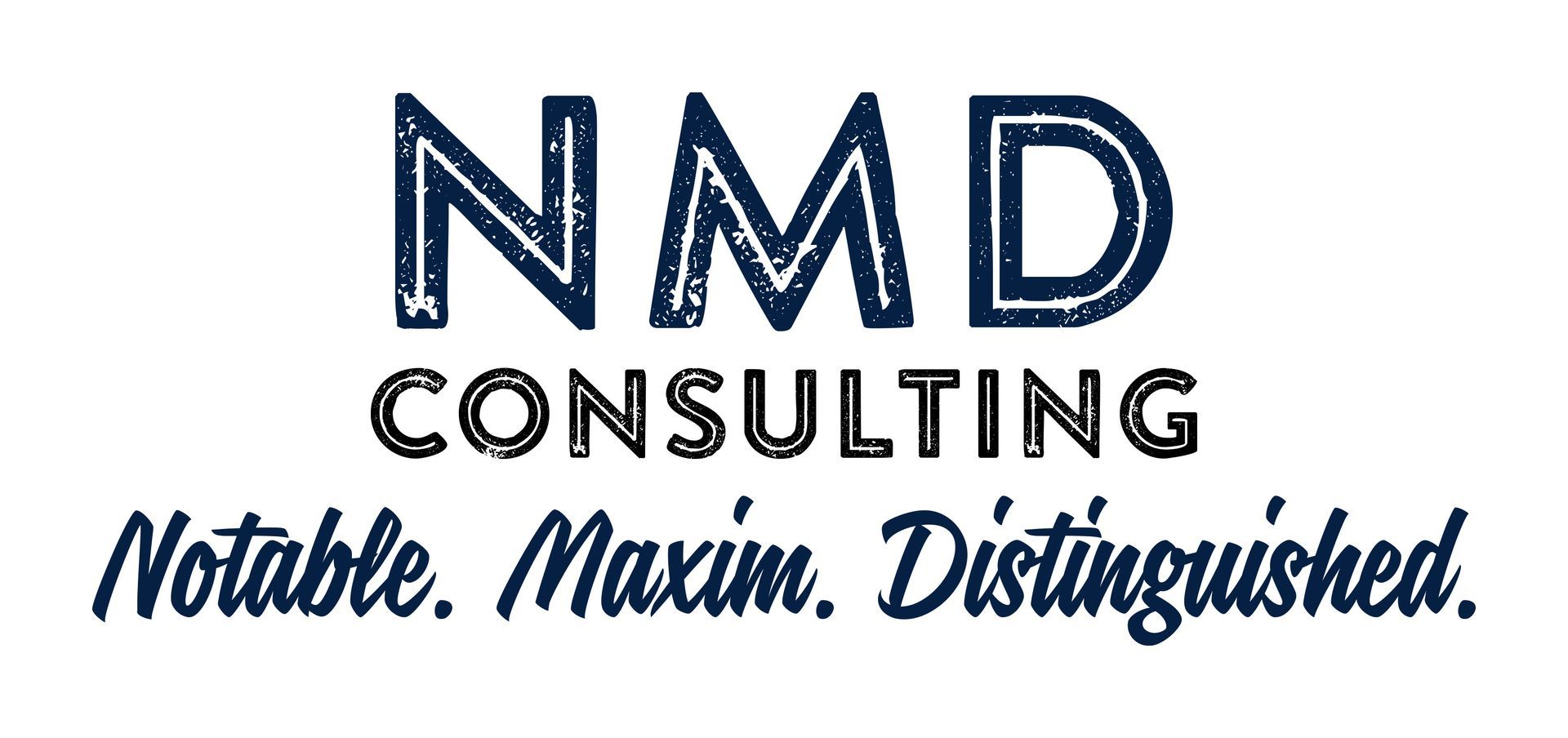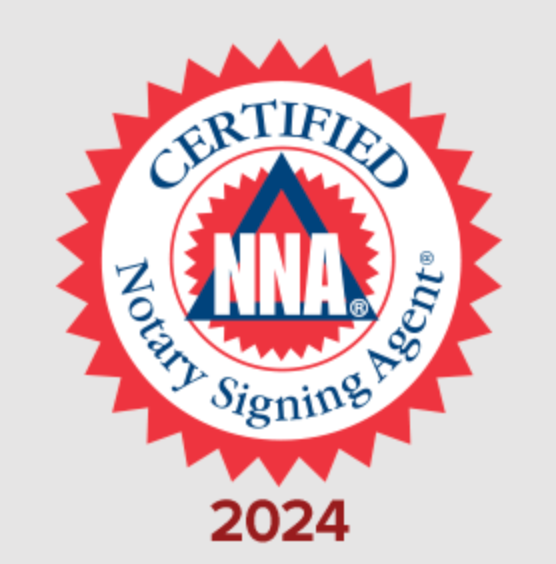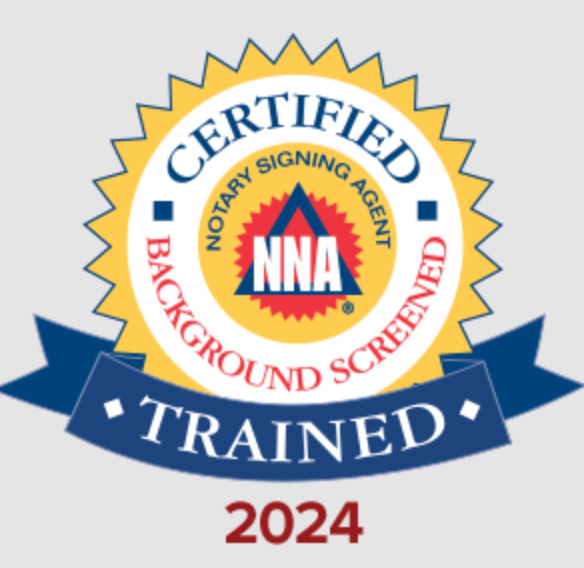ORGANIZATIONAL
CHANGE MANAGEMENT
Organizational change management services involve helping businesses navigate implementing changes in their structure, processes, or technology. It consists of identifying potential risks and challenges, developing a plan to manage them, and ensuring that everyone in the organization is on board with the changes.
The goal of change management is to minimize disruption to daily operations while maximizing the benefits of the change; this can include everything from training employees on new systems to restructuring departments or teams. Change management services are essential for any business looking to evolve and stay competitive in today's rapidly changing market.
Change is inevitable, let us help!
ORGANIZATIONAL CHANGE MANAGEMENT
Organizational change management services involve helping businesses navigate implementing changes in their structure, processes, or technology. It consists of identifying potential risks and challenges, developing a plan to manage them, and ensuring that everyone in the organization is on board with the changes.
The goal of change management is to minimize disruption to daily operations while maximizing the benefits of the change; this can include everything from training employees on new systems to restructuring departments or teams. Change management services are essential for any business looking to evolve and stay competitive in today's rapidly changing market.
How it works
Planning
A well-thought-out organizational plan is an absolute necessity for any business or project. Ensuring that all parties involved are aligned and working towards a common objective is critical. The absence of such a plan can lead to confusion and a lack of direction, resulting in inefficiencies and mistakes.
An intricately designed organizational plan can identify possible challenges and risks in advance, discovering proactive measures to minimize their impact. In conclusion, a solid organizational plan is crucial as it can enhance productivity, foster effective communication, and ultimately drive success.
Organizing
Establish clear deliverables with specific dates for each item outlined in the plan. Make sure that the assigned tasks come with explicit instructions to meet expectations. Monitor progress closely by tracking each task and its corresponding date to ensure that everything is measurable and realistic.
Leading
Organizational leadership is driven by several key factors, with effective communication being a fundamental element for leaders to cultivate robust relationships with their employees and establish a positive work environment.
In addition, the ability to inspire and motivate team members is paramount in achieving organizational goals and driving success. A proactive approach to monitoring progress. Utilizing tracking tools, such as a status report and issue log, can be very effective tools to keep track of progress and pinpoint areas that need improvement. With these measures in place, your company will continue to make impressive strides in its work and accomplish its objectives.
Controlling
Controlling is an essential aspect of organizational leadership. It involves monitoring the performance of employees and ensuring that they are meeting the goals and objectives established by the organization. Effective controlling involves:
- Setting clear expectations.
- Communicating those expectations to employees.
- Providing them with the resources and support they need to meet those expectations.
Providing performance feedback to employees is a crucial responsibility. Identifying and making the required adjustments is essential to help them reach their objectives. We will create a balance between controlling and empowering employees, as excessive control can lead to resentment and reduced productivity.
Contact us any time
Contact Us
We will get back to you as soon as possible
Please try again later
Have you completed your introductory call and need to schedule an additional meeting?

Acts 19:25
These he gathered together, with the workmen in similar trades, and said, “Men, you know that from this business we have our wealth.


